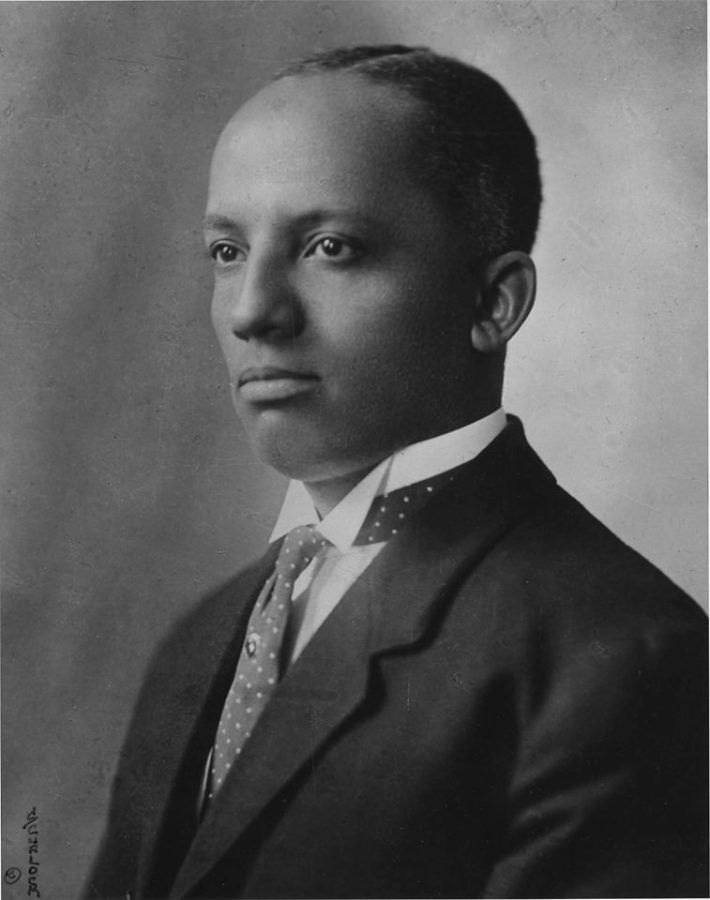Carter G. Woodson, The Creator of Black History Month
Portrait of Carter G. Woodson in 1915.
African American historian and writer who is known as the ‘Father of Black History.’ Born December 19th, 1875, in New Canton, Virginia, Woodson started high school after helping his family by working as a sharecropper and miner in his early years and finished a four-year course in less than two years. Carter earned his Ph.D. at Harvard University making him the second African American in the University’s history to do so.
Later named the Association for the Study of African American Life and History, the Association for the Study of Negro Life and History was founded with Carter’s help. The Association’s goal was to recognize African American historical contributions. He started the Journal of Negro History in 1916, and to help teachers with African American studies in 1937 he started the Negro History Bulletin.
Woodson wrote many books with the most recognized being Mis-Education of the Negro which dives into how blacks of his time were being culturally indoctrinated in American schools instead of being taught. Carter talks about America’s education system and how “The oppressor has always indoctrinated the weak with his interpretation of the crimes of the strong.”
Black History Month is an annual celebration dedicated to celebrating achievements by African Americans along with recognizing their vital and important role in America’s history. Black History Month has grown out of Carter and other prominent African Americans’ creation of “Negro History Week.” The Association for the Study of African American Life and History, founded by Carter and Jesse E. Moorland sponsored a National Negro History Week in 1926. Negro History Week was originally celebrated the second week in February, as it coincided with both Fredrick Douglas and Abraham Lincoln. Woodson urged for organizations and schools to participate in order to encourage the study of African American history, and the program later was renamed Black History Month after its expansion.
Carter’s legacy is carried on through Black History Month and its celebration globally. Woodson’s accomplishments live on through his Institute for African American and African Studies at the University of Virginia, and in St. Petersburg, Florida at the Dr. Carter G. Woodson African American Museum.








